single default
The number of refugees seeking mental health treatment has risen sharply following the termination of UNHCR Malawi’s Memorandum of Understanding (MOU) with St. John of God Hospital ― a private facility 45 kilometers from the refugee camp ―due to lack of funding.
Among those affected is Zirimwabagabo, who arrived in Malawi with his wife, Nadine, in 2018. In 2021, Nadine began experiencing mental health challenges and was referred from Dzaleka Health Centre to St. John of God Hospital, where she showed signs of improvement after receiving treatment. However, her condition worsened in February 2023 when UNHCR’s contract with the hospital was not renewed. She was then referred to Kamuzu Central Hospital, where she was placed on a new treatment plan—one that required medications they could not afford.
Nadine’s struggle is not an isolated case. Many refugees in Dzaleka are struggling with mental health challenges without adequate support. Access to mental health care is a fundamental right, and we call on partners, donors, and well-wishers to support UNHCR Malawi in restoring this essential service.
Progress or Promises? The 1989 Refugee Act Revision
On March 20th, we held the second episode of our Zoom meeting series under the theme Progress or Promises: Revising the 1989 Refugee Act which is accessible on on this link. While the standard review process could take up to 18 months, according to Robert Kandulu, Senior Law Reforms Officer at the Malawi Law Commission (MLC), progress has been hampered by resource constraints. Nonetheless, the Act is now under formal review, marking a significant step toward aligning Malawi’s national legislation with international refugee protection standards.
Legal experts and refugee rights advocates highlighted how the Act fails to address contemporary refugee issues, particularly the restrictive encampment policy that limits refugees’ rights to education, employment, and free movement.
“A law should solve problems, yet the current Refugee Act exacerbates them. The revised law must clearly outline the rights and freedoms of refugees and asylum seekers and reinforce the principle of non-refoulement for instance, because ee have seen cases of refugees being deported to countries where they face political unrest and persecution,” explained Shakeera Banda Utila, an expert in immigration, migration, and refugee law.
As an organization, we are preparing a position paper for the Malawi Law Commission (MLC) outlining key recommendations for the revised Refugee Act to uphold and protect refugee rights. However, resource constraints threaten the reform process. The MLC estimates that conducting regional consultations would cost K160 million ($91,000), making a national consultative conference the only feasible option at approximately K60 million ($34,000). Without funding, even this reduced-cost option is uncertain.
We therefore urge donors to support the Malawi Law Commission’s budget to ensure uninterrupted progress in drafting the new law for the benefit of the refugees.
Advancing Refugee Well-Being
As we continue to escalate refugee complaints, particularly concerning urgent mental health care, delays are inevitable. We have been receiving a growing number of requests for mental health support, highlighting the urgent need for accessible services.
While we have assisted some refugees in accessing care, the rising demand continues to outpace our capacity. Contributions through Inua Advocacy can help to bridge this gap and ensure refugees receive the care they urgently need. A $50 donation can provide a refugee with access to mental health care at St John of God Hospital, covering transport, consultation and medication. Your support is crucial.